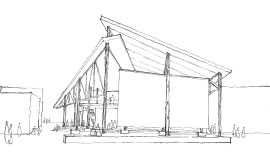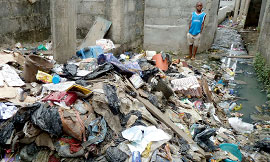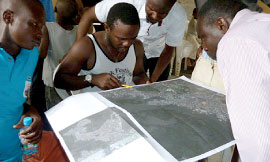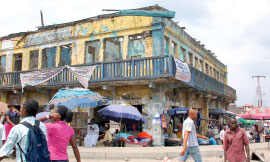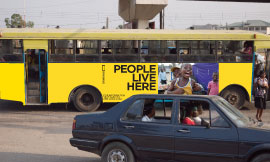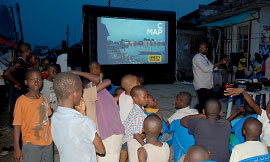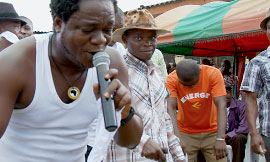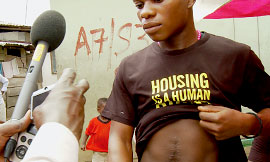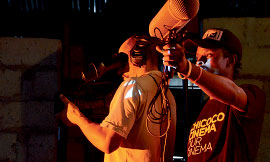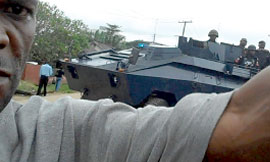Chicoco Media Centre is being designed and built with local residents. Waterfront communities will be able to share their vision of the city with the city. Films made by and about waterfront communities will be screened in the cinema, local musicians will broadcast from Nigeria’s first community radio station.
The building and the area around it will provide community space for cultural and commercial activities.
Demonstrating the capacity of waterfront communities to contribute to the city’s development, the media centre will combine local skills and materials with world-class design. Architecturally innovative, environmentally and economically sustainable, the media centre will be one of the city’s landmark buildings.
And what we learn through the process of designing and building the media centre, we will share with the rest of the city.
